Manufacturing
Superior business intelligence & analytics

Big Data Analytics in the Manufacturing Industry: Improves Production, Productivity, and Profitability
Having optimised the benefits that the industrial revolution brought to manufacturing several decades ago, the global economy now needs to move on to a far more dynamic phase, with the customer as its focus. Thus the focus would need to shift from quantity produced per hour, to production with a huge degree of value addition, in the form of services. The need of the hour is also for the manufacturing industry to become far more customer-centric, which may involve customisation of both the product offering and the services that accompany the product. This requires unique insights into customer needs to better develop, sell, support and service their products to differentiate offerings and drive growth.
Manufacturing operations and supply chains constantly strive for cost savings, efficient capital allocations, and improved customer responsiveness. This can only be brought about by constant innovation. Data is the core asset that fuels innovation, agility and efficiency. TIBIL provides the industry with domain-specific analytics solutions to enable greater manufacturing efficiency and customer delight.
For a Leading Manufacturer of Construction Equipment, Tibil delivered an enhanced data engineering and analytics solution for better demand forecasting, supplier performance monitoring, and production optimization.
Striving for Performance Excellence
TIBIL’s Analytics solution can ensure maximum efficiency in manufacturing assets by:
Optimising production efficiency and agility in organisations assets and production lines with data-driven decision support. Use real-time and historical operational knowledge to lean processes and develop standardized processes, for cost and time-saving. Alert staff to unplanned variability and risk, avoiding costly errors and improving standardisation.


Predictive Maintainance
Predictive and prescriptive insights derived from Advanced Analytics can improve operational reliability, product quality, and safety while reducing maintenance costs. Besides standard applications like enabling intelligent scheduling, reducing breakdowns and asset damage, and optimizing parts and tooling replacement processes, ML can help companies gain real-time and historical insights into asset health, diagnose root-causes of failures, detect anomalies and get early warnings of conditions out of tolerance. This in turn can be an enormous source of saving for the organisation in terms of reducing downtime costs.
Download our datasheet on Industry 4.0 Analytics.
Digital Twin
One of AI’s most useful abilities is to create a Digital Twin, with product-related data. A Digital Twin is an extremely useful tool to facilitate product improvements and improve business decisions. It can also improve situational awareness and optimize planning for manufacturing assets, processes and connected products. A digital twin, modeled on operational technology data streams, can simulate asset behavior to anticipate operating conditions, which will ultimately lead to product improvement and better business decisions.

On-Demand Manufacturing
Two of the most impressive areas where an Analytics powered AI tool can make a tangible difference are in creating models for JIT inventory. These can use a real-time data feed, so as to ensure no hiccups due to changes in the market conditions. Secondly, Advanced Analytics can leverage insights to define where and when to manufacture a product, which in turn can enable an adjustable workforce. The ultimate benefit would be to gain real-time visibility and insight into the capacity and capabilities of assets and production lines across the entire manufacturing process and supply chain to enable on-demand manufacturing.
Application for Additive Manufacturing
With the growing importance to additive manufacturing, advanced analytics applications will be the key for a holistic, unified view of additive equipment along with conventional equipment to enable better end-to-end part production efficiency and capacity optimization across the shop floor. In a next step AI and ML will help to make the additive manufacturing processes less time consuming as well as improve the accuracy of the 3D printing process. Ultimately AI and machine learning will be the backbone of generative design, whereby algorithms, artificial intelligence and machine learning are used to rapidly explore nearly infinite design options for any given object.

© Tibil Solutions 2024. All rights reserved
